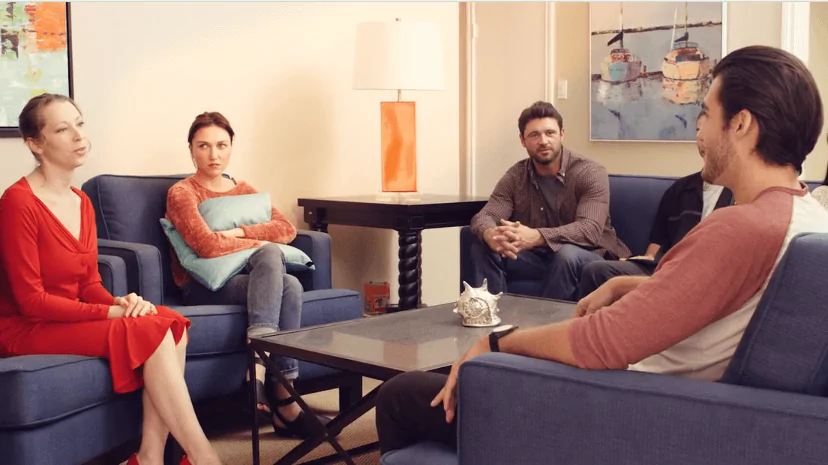24/7 Helpline:
(866) 899-221924/7 Helpline:
(866) 899-2219
Learn more about Depression Treatment centers in Barbour County

Other Insurance Options

CareSource

Self-pay options

Health Net

Magellan

Absolute Total Care

ComPsych

Amerigroup

UMR

Group Health Incorporated

Holman Group

Evernorth

Magellan Health

Lucent

Coventry Health Care

Optima

State Farm

PHCS Network

UnitedHealth Group

Regence

Health Choice

Appalachian Community Health Center
Appalachian Community Health Center is a private rehab located in Belington, West Virginia. Appalach...




















































































































